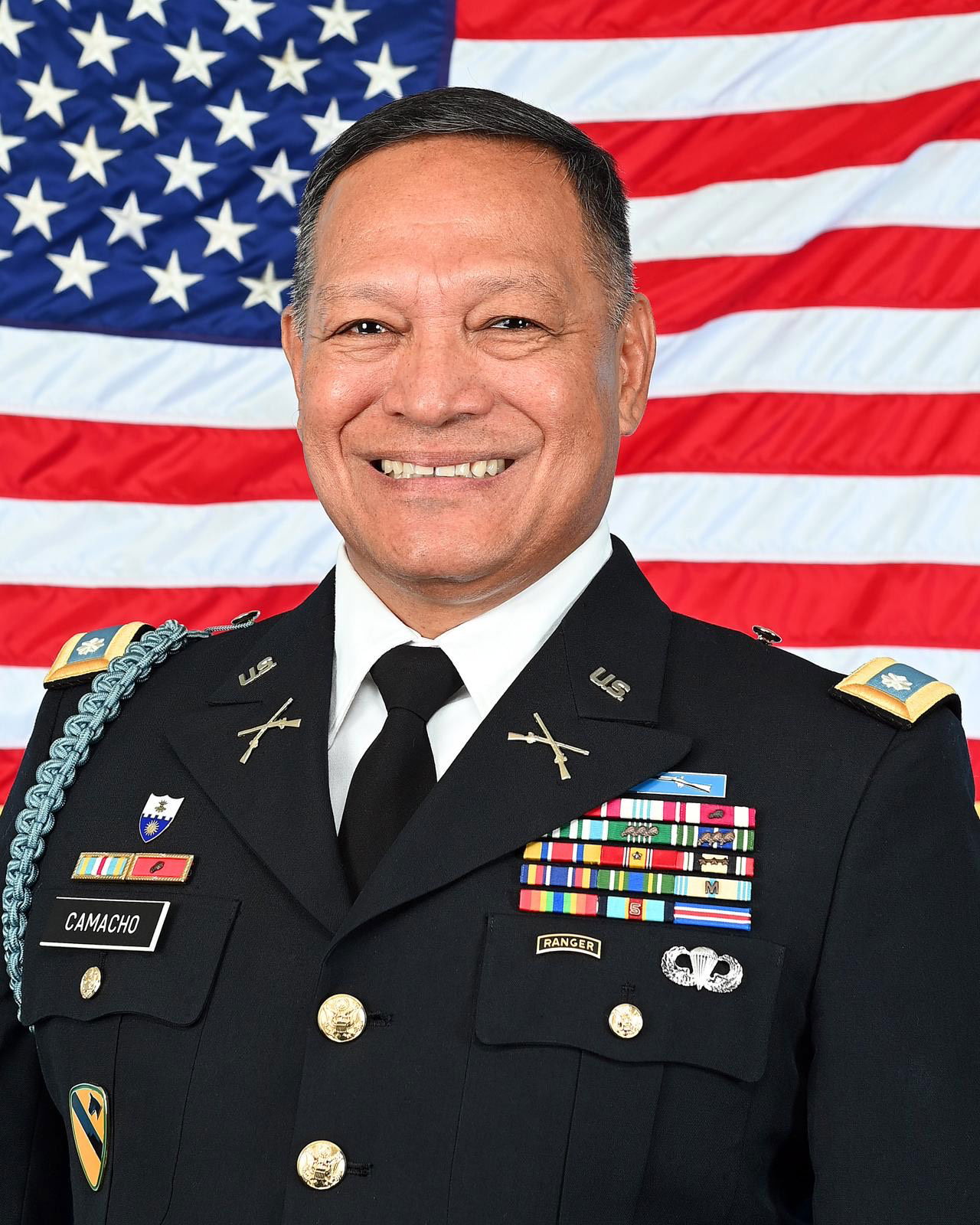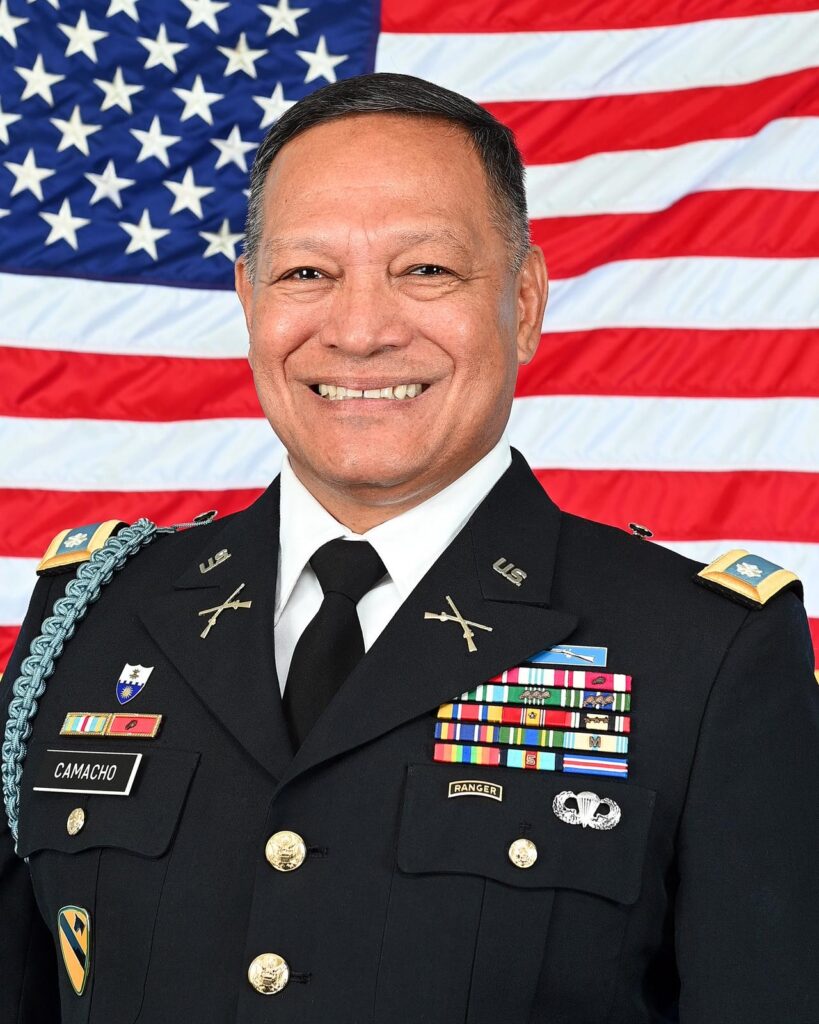
Edward Camacho
THE Commonwealth Bureau of Military Affairs spent $1.8 million on various programs in fiscal year 2024, its citizen-centric report said.
Special Assistant for Military Affairs Edward C. Camacho submitted the report to the Legislature last week.
The report also indicated that CBMA spent $2.6 million on professional services in FY 2024. The expenditure for personnel totaled $659,707; operations, $76,239; indirect costs, $267,477; and travel costs, $260,403.
CBMA received grants for the following projects and programs:
1) $4,265,000 for the energy and utility infrastructure master plan.
2) $3,468,000 for the seaport and airports terminal infrastructure master plan.
3) $1,896,560 for information technology infrastructure assessment and database/tool development.
4) $1,500,000 for owner agent engineer.
5) $959,845 for transitional capacity enhancement.
6) $877,222 for a strategic long-range intermodal study.
7) $347,483 in transitional grant.
For FY 2025, CBMA said it will continue to build “stable and lasting ties with the U.S. Department of Defense, and expand the mutual benefits of U.S. military activities in the region to the economy and residents of the CNMI.”
In addition, CBMA is looking forward to several planned military exercises in the CNMI aimed at enhancing relationships and readiness, as well as increased key leader engagement between Commonwealth leaders and the Department of Defense and other federal agencies.
CBMA said it will continue to seek more opportunities to expand the technical capacity of the CNMI government to adequately address concerns of the people and to see mutual benefits within the Commonwealth’s partnership with the nation’s military.
However, the report said, the CNMI continues to face personnel and technical capacity constraints to adequately assess and respond to the wide-ranging impacts from multiple activities conducted by different DoD commands operating separately, and from the proposed activities in the voluminous Environmental Impact Statements provided by the DoD.
Moreover, the report said, the CNMI has limited technical staff to respond to the archeological, biological and environmental impacts associated with existing and proposed military training programs.











